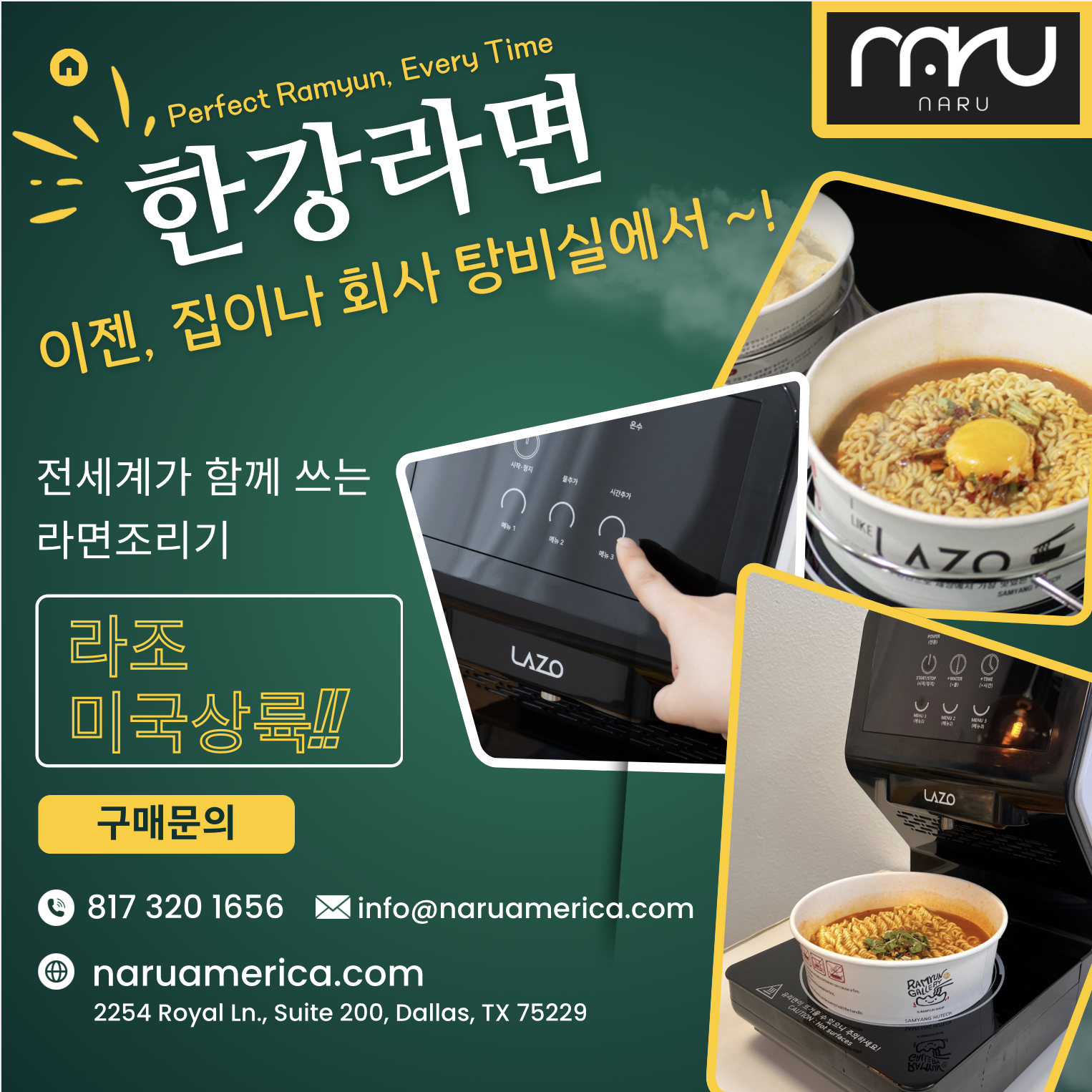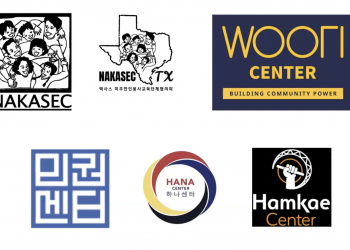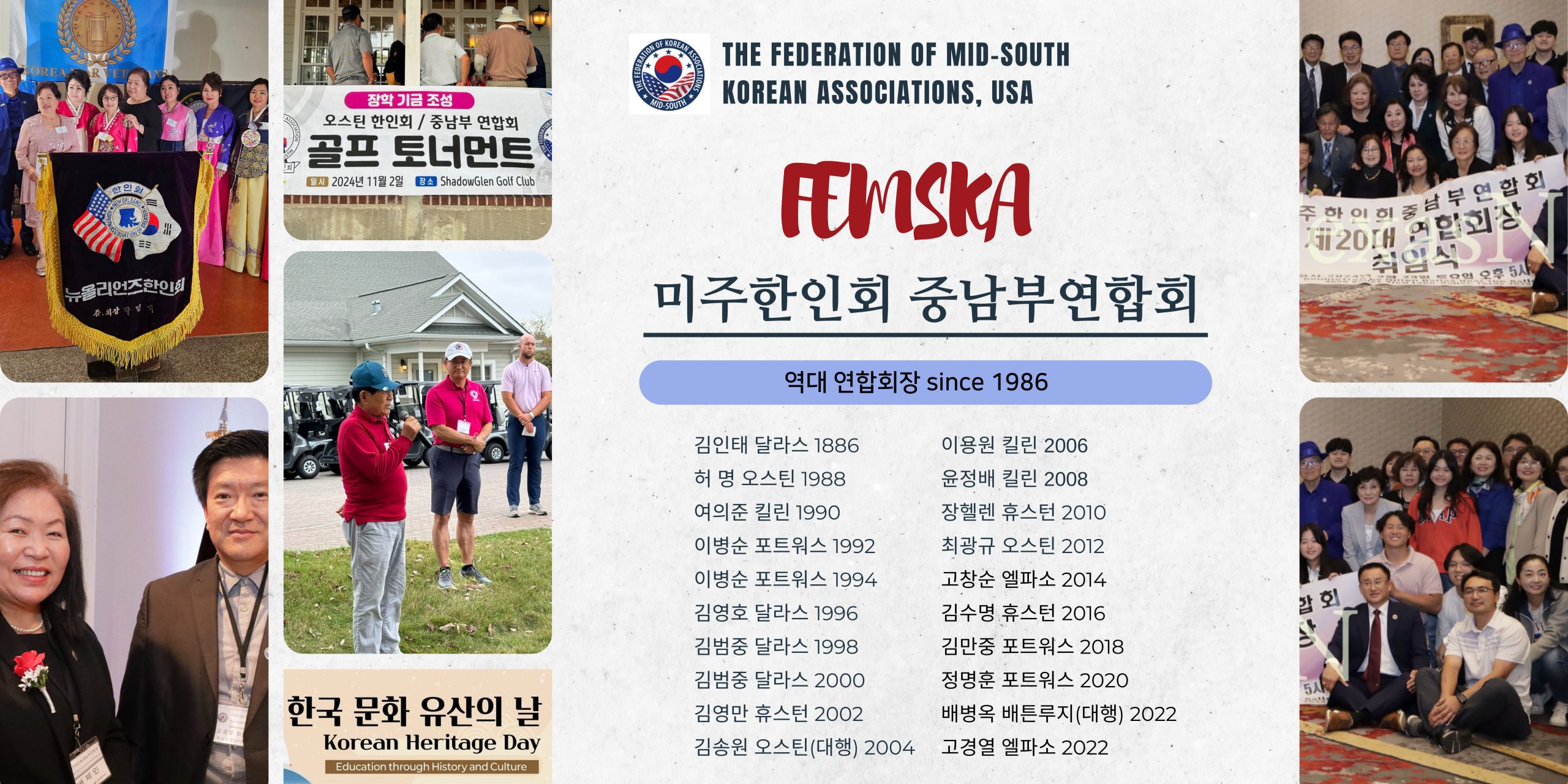[Austin=TexasN Catherine Wahrmund ] Central Texas municipalities and economic development organizations are stepping up efforts to attract Korean investment, positioning the region as a North American hub for advanced manufacturing and technology. At a U.S.–Korea business networking event held September 3 in Hutto, local officials, trade groups, and Korean representatives discussed strategies to reduce uncertainty for foreign investors and strengthen long-term partnerships.
Texas already accounts for more than 20% of total Korean investment in the United States, led by multibillion-dollar projects in semiconductors, automotive, biotech, and logistics. Officials now want to expand that footprint by offering clearer incentives, streamlined permitting, and workforce development support.
“Korean companies show strong interest in Texas, but decision-making is slowing due to global uncertainties,” said Jong-Yeon Kim, Commercial Attaché at the Korean Consulate in Houston. “Local governments can help by presenting transparent incentive packages, offering one-stop permitting support, and providing long-term infrastructure roadmaps in areas such as power, water, and workforce.”
Williamson County Economic Development Partnership (WilCo EDP) Executive Director Dave Porter noted that since April 2023, his team has hosted seven investment seminars in Korea, securing seven projects in that time. WilCo EDP also opened a dedicated Seoul office in early 2023, expanding its pipeline through collaboration with the U.S. Embassy in Seoul and the Texas State Office.
Porter added that Korea’s Woori Bank is preparing to open a branch near Lakeline Mall, addressing a critical challenge for Korean expatriates: access to banking and credit. “Providing financial services and settlement support is as important as landing manufacturing projects,” Porter said.
Hutto and Taylor Position for Growth
Hutto, now ranked the 13th fastest-growing city in the U.S., is racing to meet industrial demand fueled by Samsung’s $17 billion semiconductor facility in neighboring Taylor. “We will soon deliver 1 million square feet of speculative industrial space, and we are evaluating options to make portions of the Hutto Megasite available for Korean companies that prefer land ownership,” said Cheney Gamboa, Hutto’s Director of Economic Development.
In Taylor, Ben White, CEO of the Taylor Economic Development Corporation, emphasized the city’s emergence as an economic hub. “With Samsung’s investment and the University of Texas planning a 16-acre campus dedicated to semiconductor workforce training, Taylor is becoming the anchor for Central Texas’ eastward growth corridor,” White said. He added that TxDOT is spending hundreds of millions of dollars to expand highways connecting Taylor to College Station, creating a new axis for industrial, residential, and cultural development.
Workforce and Supply Chain Integration
For Korean companies establishing operations, human resources is often the first challenge, said Kevin Fincher, President of the Austin Regional Manufacturers Association (ARMA). “ARMA provides one-stop support — from HR networks and compliance training to supply-chain connections,” Fincher noted. The group also partners with Austin Community College on semiconductor training programs tailored to meet local workforce needs.
Samsung Austin Semiconductor’s Michele Glaze stressed the importance of cross-cultural communication. “In the U.S., discussions are direct and fast-paced. In Korea, consensus-building is essential,” she said, warning that even simple phrases such as ‘OK’ can be interpreted as binding commitments if not clearly documented.
October Trade Mission to Korea
The event also highlighted plans for a Central Texas business delegation to Korea in October. Roughly 30 leaders from Williamson County, Hutto, Taylor, and regional organizations will travel to Seoul and Yongin — home to Korea’s next major semiconductor cluster — for meetings with supply-chain firms, embassy officials, and participants at a biotechnology trade fair.
With KOTRA Dallas and the Korea International Trade Association (KITA) pledging tailored support in energy, defense, consumer goods, and advanced manufacturing sectors, officials expect the mission to strengthen ties and accelerate investment.
“Texas has the infrastructure and Korea has the technology,” said KITA Dallas Center Chief Kyung-Hoon Kim. “This partnership is about maximizing synergy.”
Catherine Wahrmund amiangs0210@gmail.com







![[단독] 텍사스 테일러 교육구, 한국어 제2외국어 도입 추진](https://texasn.com/wp-content/uploads/2026/01/Screenshot-2026-01-29-at-4.22.30-PM-2-350x250.png)
![[단독] 텍사스 테일러 교육구, 한국어 제2외국어 도입 추진](https://texasn.com/wp-content/uploads/2026/01/Screenshot-2026-01-29-at-4.19.51-PM-2-350x250.png)










![[단독] 텍사스 테일러 교육구, 한국어 제2외국어 도입 추진](https://texasn.com/wp-content/uploads/2026/01/Screenshot-2026-01-29-at-4.22.30-PM-2-120x86.png)
![[단독] 텍사스 테일러 교육구, 한국어 제2외국어 도입 추진](https://texasn.com/wp-content/uploads/2026/01/Screenshot-2026-01-29-at-4.19.51-PM-2-120x86.png)
